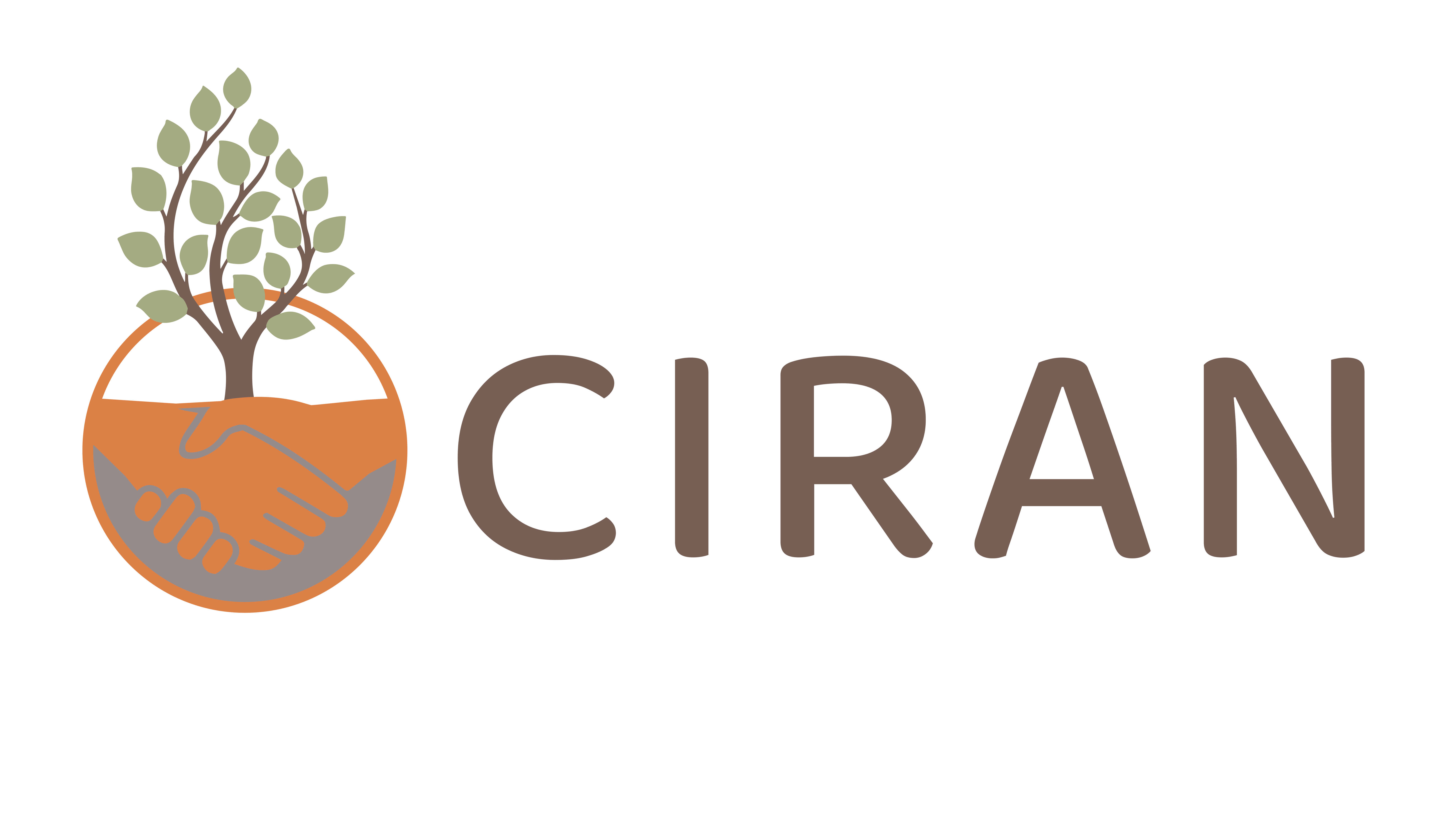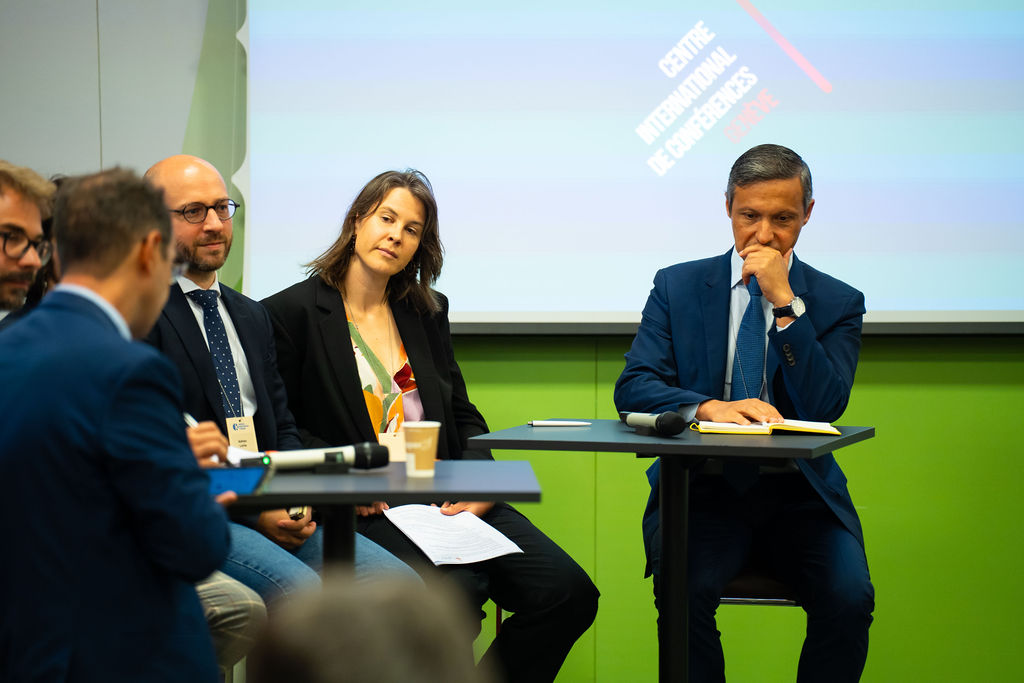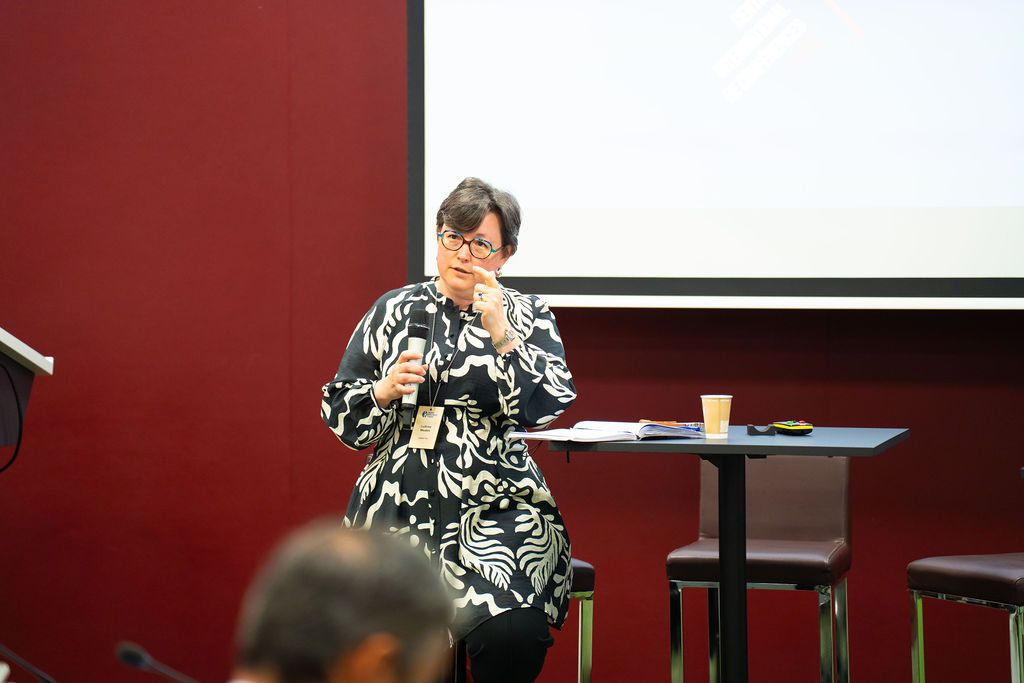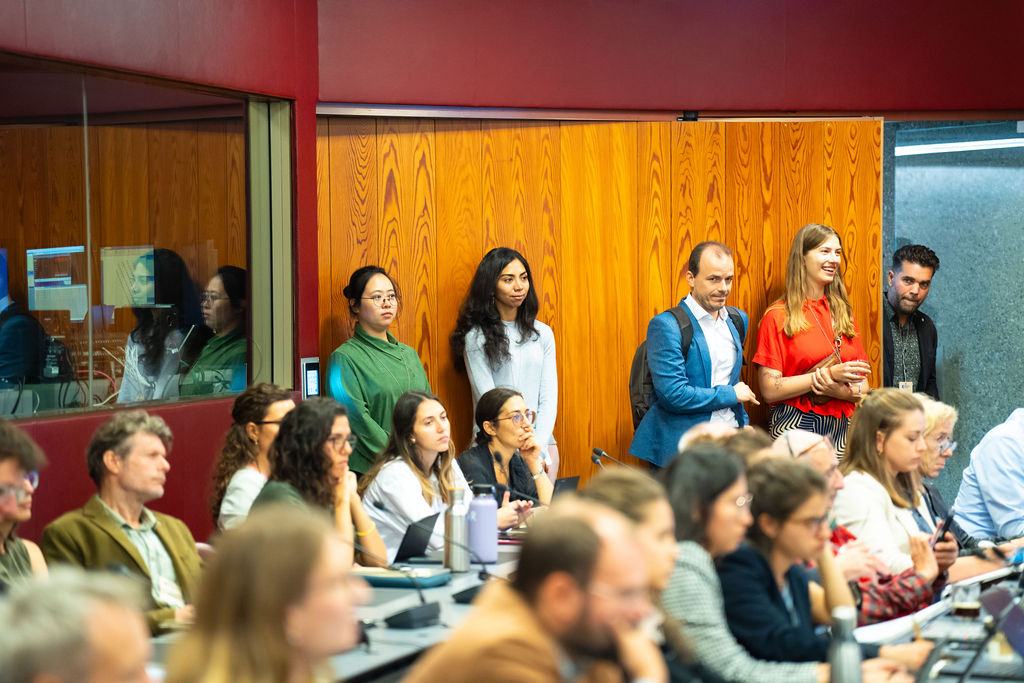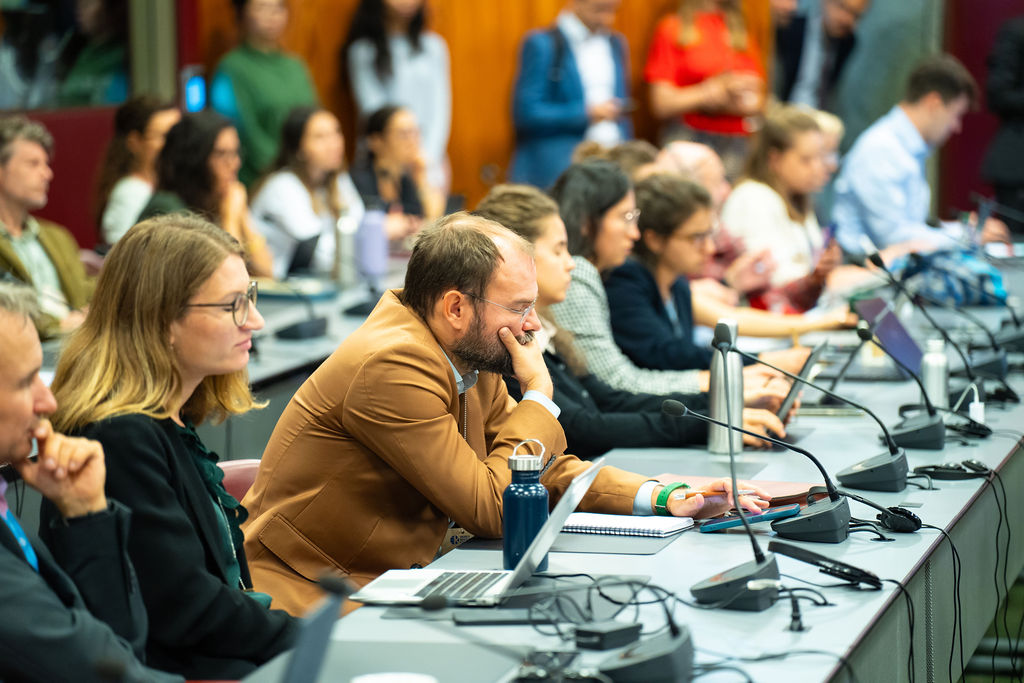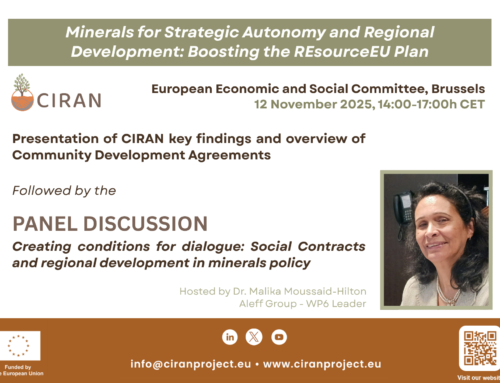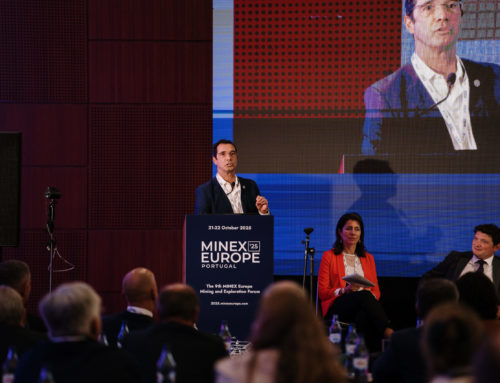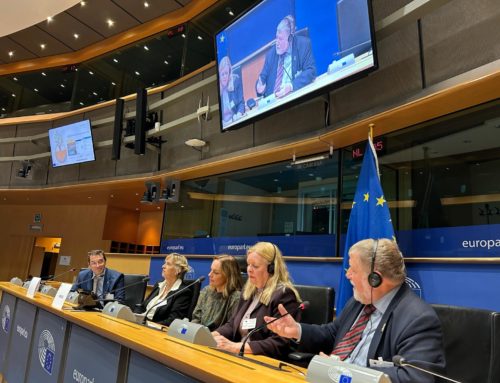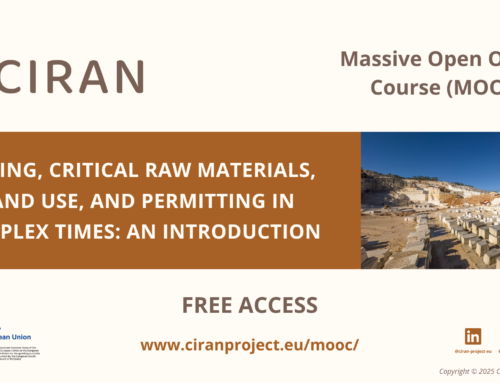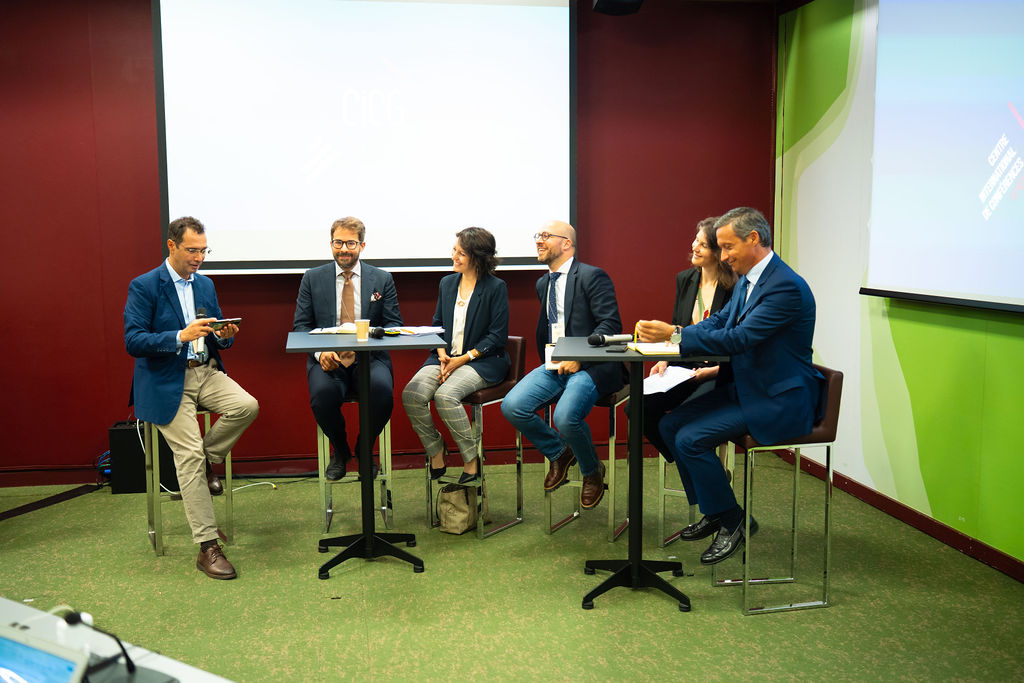
CIRAN Panel at the World Resources Forum 2025 in Geneva, Switzerland
CIRAN hosted an experts’ panel at the World Resources Forum 2025: Addressing the Tension Between Mineral Security and Environmental Protection
On 3 September 2025, CIRAN organized a thought provoking Interactive Lab session at the World Resources Forum (WRF) in Geneva, titled “Minerals extraction vs. nature protection – resolving the dilemma between societal needs and expectations”. Held from 11:00 to 12:00 CEST at the Centre International de Conférences Genève, the session brought together leading stakeholders—including policymakers, civil society, and industry experts—to delve into the challenges and opportunities posed by the European Critical Raw Materials Act (CRMA) and its implications for Europe’s resource sovereignty.
Adopted in 2024, the CRMA sets out to secure supplies essential to the energy and green transitions — targeting 10% domestic extraction by 2030, streamlining permitting for extraction projects, strengthening monitoring and risk management of supply disruptions, and upholding robust social and environmental standards.
The discussion at the WRF2025 session held by CIRAN made clear, however, that translating these ambitions into practice requires addressing deep-seated obstacles: today’s regulatory framework lacks enforceable compliance mechanisms and an integrated industrial strategy; administrative capacity is stretched, with understaffed national and regional authorities and skills shortages creating permitting bottlenecks and eroding trust.
Public acceptance also become the decisive factor, with social licence to operate often undermined by the gap between EU-level priorities and local community interests. Investors, on their side, remain hesitant amid opaque, concentrated markets and the absence of a premium for responsibly produced minerals. Last, but not least, policy coherence is fragile, with tensions between environmental protection and resource security sowing confusion and weakening public confidence.
The session at the WRF2025 was moderated by Vitor Correia, Secretary General of INTRAW and CIRAN coordinator, and featured the following panellists:
- Adrien Licha – Association for Local Democracy
- Ludivine Wouters – Managing Partner, Latitude Five (Guest Expert)
- Fabiana Di Lorenzo – Senior Director, Responsible Minerals Initiative
- Paulo Cunha – Member of European Parliament
- Florian Anderhuber – Deputy Director General, Euromines
- Johanna Sydow – Head of International Environmental Policy Division, Heinrich Böll Foundation
In front of a room full of people, the panellists brought their diverse perspectives underscored the complexity of aligning European strategic goals with local realities and environmental imperatives. From the discussion, a series of clear takeaways emerged.
- Europe’s current approach to critical raw materials remains fragmented and often dysfunctional.
- Democracy—and robust environmental safeguards—carry real costs that traditional business cases seldom internalise; the answer is not to bypass democratic processes but to redesign frameworks so that these costs are anticipated, shared and financed.
- Durable solutions hinge on sharing benefits with host territories: local buy-in grows when communities participate meaningfully and equitably in project outcomes.
- Mining is not intrinsically at odds with nature; when governed transparently and executed to high standards, it can coexist with environmental stewardship.
- Defining the public good requires bridging local and global interests: communities frequently resist all kinds of projects (from landfills to roads and factories), so mineral development must be co-created with them—bringing residents into planning, oversight and benefit-sharing to turn opposition into partnership.
- Honesty about impacts is non-negotiable: mining is not “clean,” and trust must be earned through full transparency on environmental and social effects, not only promises of short-term economic gains.
As highlighted by Vitor Correia in a recent public reflection, moving forward will require institution-building, better policy alignment and sustained societal engagement so that resource security does not come at the expense of communities or ecosystems. For CIRAN, the path ahead is to help operationalise this balance—supporting Member States and industry with tools and practices that streamline permitting without sidelining participation, align environmental and industrial policies, and create market signals that reward responsible production.
By convening evidence-based dialogue and fostering collaborative problem-solving, CIRAN is expected to contribute with its work to help policymakers, industry, civil society and local communities to turn the CRMA’s promise into outcomes that are both strategically sound and socially legitimate.
CIRAN extends its gratitude to the World Resources Forum 2025 organisers and hosts as well as to all guest speakers and participants for generating a fruitful and engaging discussion environment and for an insightful event. We look forward to further collaborating in the future.
To engage in meaningful conversations on these and related topics, join the Community of Practice on LinkedIn.
